A bad peace is even worse than war
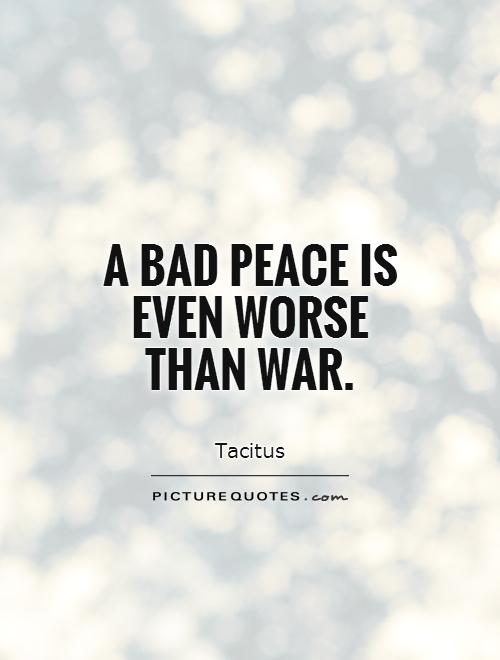
A bad peace is even worse than war
The quote "A bad peace is even worse than war" by Tacitus holds a profound truth that resonates throughout history. In the context of Tacitus' words, it can be interpreted as the idea that a false sense of peace, one that is built on oppression, injustice, or deceit, can be more damaging and destructive than open conflict.Throughout history, we have seen numerous examples of how a superficial peace can lead to long-term suffering and turmoil. One of the most notable examples is the Treaty of Versailles, which ended World War I but laid the groundwork for World War II. The harsh terms imposed on Germany by the victorious Allies, including massive reparations and territorial losses, created a sense of resentment and humiliation that fueled the rise of Adolf Hitler and the Nazi party. The peace that was meant to bring an end to the war ultimately sowed the seeds for an even greater conflict.
Similarly, in the context of modern conflicts, we can see how a bad peace can be more damaging than war itself. In many cases, oppressive regimes or corrupt governments use the guise of peace to suppress dissent and maintain their grip on power. This false peace may bring a temporary calm, but it comes at the cost of freedom, justice, and human rights. The people living under such conditions may be forced to endure a life of fear, repression, and inequality, with no hope for a better future.

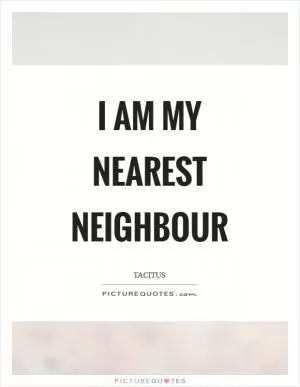
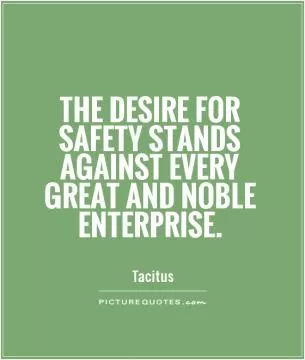



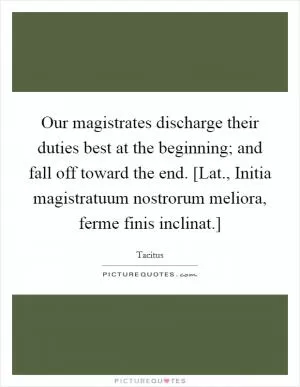
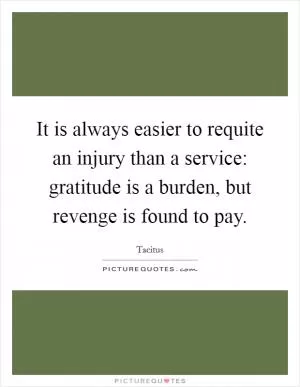
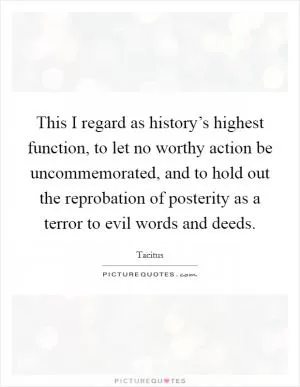
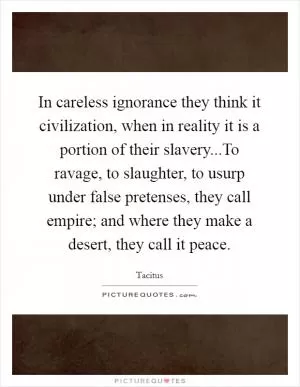
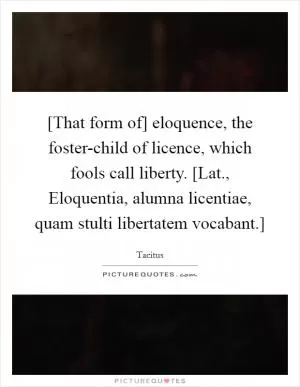
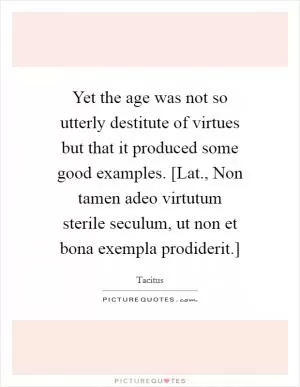
 Friendship Quotes
Friendship Quotes Love Quotes
Love Quotes Life Quotes
Life Quotes Funny Quotes
Funny Quotes Motivational Quotes
Motivational Quotes Inspirational Quotes
Inspirational Quotes